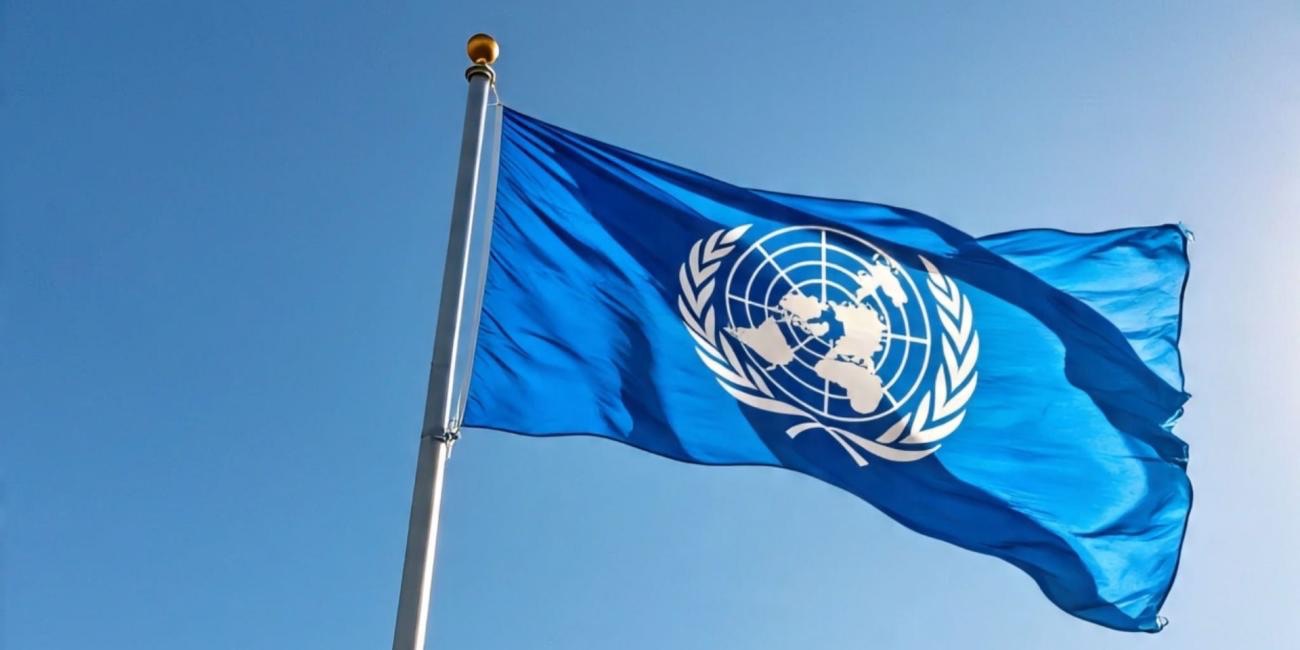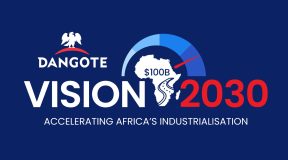The United Nations has issued a stark warning about rising hunger in Nigeria, noting that millions are slipping into severe food insecurity. A new joint report by the Food and Agriculture Organisation (FAO) and the World Food Programme (WFP) highlights worsening global hunger, driven largely by conflict, violence, and declining humanitarian funding.
Countries like Haiti, Mali, Palestine, South Sudan, Sudan, and Yemen face the highest risk of catastrophic hunger. Nigeria is listed as a “very high concern,” alongside Afghanistan, DR Congo, Myanmar, Somalia, and Syria.
WFP Executive Director Cindy McCain cautioned that the world stands “on the brink of a completely preventable hunger catastrophe,” stressing that inaction will fuel instability and migration. Despite a $29 billion funding requirement for global food assistance, only $10.5 billion has been raised, forcing WFP to cut support for refugees, displaced persons, and school feeding programmes. FAO also warns that without urgent funding for seeds and livestock health, food production could further collapse.
Adding to the alarm, the World Bank’s latest Nigeria Development Update reveals that soaring inflation has pushed 129 million Nigerians into poverty—up from 40.1% in 2018 to 56% in 2024. Slow economic growth, rising prices, insecurity, and past policy missteps have deepened hardship in both rural and urban areas. Urban poverty alone has surged from 18% in 2018 to 31.3% today.
The report notes that employment no longer guarantees an escape from poverty, as many jobs remain low-paying and unproductive. With another 14 million people falling into poverty between 2023 and 2024, urgent action is needed to protect livelihoods and stabilise the nation’s food systems.



